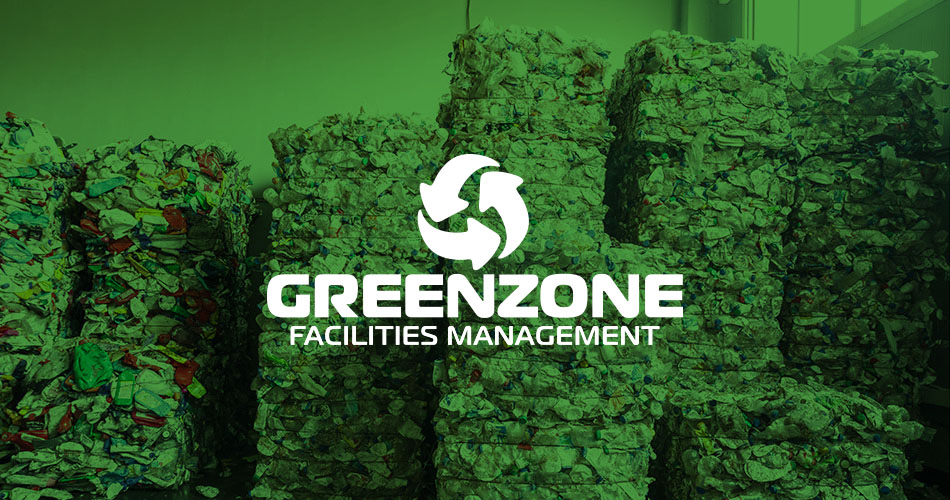The research by YouGov shows 46% of people in the UK feel guilty about the amount of plastic they use, which is motivating them to consider changes in their behaviour, including paying more so companies will find alternatives to single-use plastics.
The sense of guilt was most pronounced among young people: 51% of positive respondents were in the 18-24 age bracket, and the least pronounced (43%) among people in their late 40s and early 50s.
Shoppers’ efforts to reduce purchases of products in plastic packaging were focused on the fresh fruit and vegetable aisle (81%), following by household and cleaning products (36%), homeware (32%), health, oral and hair items (27%) and cosmetics (18%).
Fifty per cent said they would be willing to pay a higher price for goods in biodegradable packaging. Only 33% were opposed.
Out of a weekly shop of £100, 50% of people were ready to pay at least £2 more, while 27% were prepared to add at least £5 to their grocery bill for this purpose.
The study also revealed people wanted the government to do more about plastic packaging. Sixty-nine percent agreed companies should be required by law to produce eco-friendly packaging, even if it meant prices going up, 71% were in favour of extending the mandatory 5p charge for plastic bags to smaller retail outlets, and 80% supported a deposit return scheme for bottles such as those in Denmark, Sweden and Germany.
The results highlight growing public awareness of the problem of plastic waste. Scientists and environmental campaigners have warned about the link to carbon emissions and the dangers to marine life since the turn of the century, but it is only in recent years that it has become a mainstream concern. This is widely attributed to David Attenborough’s 2017 Blue Planet II documentary series, but a year before this, Greenpeace secured 350,000 signatures on a petition to ban microbeads.
Orginal Source

